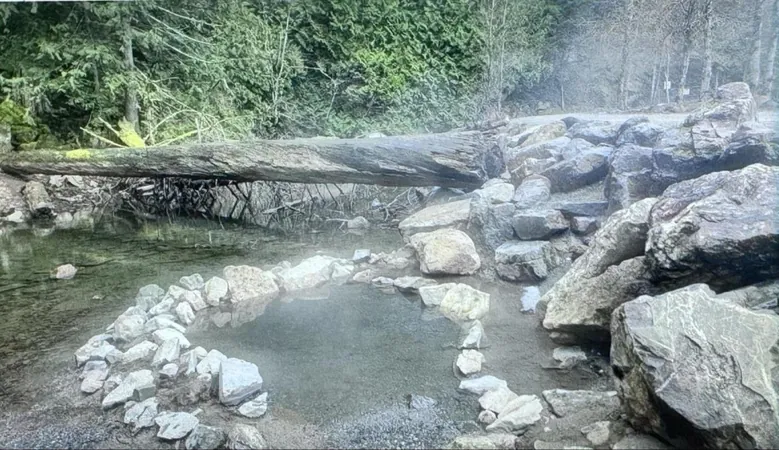
Mysterious Destruction of Hobo Hot Springs Stuns Community: Who’s Responsible?
2024-11-07
Author: Emma
Overview of the Incident
In a shocking turn of events that has left the community of Harrison, B.C., in disbelief, the beloved Hobo Hot Springs—an area rich with cultural and natural significance—has been filled in with dirt and rocks, erasing a free and cherished public bathing spot.
Traditionally, these springs, known as Qwólts or "boiling medicine water," were a sacred gathering place for First Nations for thousands of years, used for their believed medicinal properties.
Reactions from Community Leaders
Grand Chief William Charlie of the Sts'ailes First Nation, whose ancestors have long accessed these healing waters, expressed deep concern over the recent alterations.
"Our people have been using it for tens of thousands of years. It's a cultural treasure," he stated, emphasizing the importance of these springs as part of the ecological and cultural fabric of British Columbia.
Official Response and Investigation
The startling event garnered immediate attention, prompting an investigation by British Columbia's Ministry of Water, Land and Resource Stewardship.
The ministry has clarified that any changes to Crown resources like the Hobo Hot Springs require formal approval, which had not been granted in this case.
A public mineral pool remains operational, but it now charges visitors $16 for entry—a stark contrast to the previous free access that Hobo Hot Springs offered.
Community’s Reaction and Support
Located in the picturesque Village of Harrison Hot Springs, about 130 kilometers from Vancouver, the springs draw visitors due to their high mineral content and therapeutic qualities.
Following the public outcry, more than 2,000 signatures were collected on a petition advocating for the restoration of the pools, with locals like Nico Soebagio-Pawlowski stating that the action symbolizes an effort to revive something essential to the region.
Speculations About Responsibility
Mayor Fred Talen has distanced the village from the acts of destruction, suggesting possible involvement from the nearby Harrison Hot Springs Resort, owned by Aldesta Hotels & Resorts.
While the resort has yet to make a formal statement, concerns were raised regarding the springs' proximity to the resort's water collection building, hinting at overlapping interests in the hot spring resources.
Personal Accounts from Residents
Local resident Loretta Melanson reacted with disbelief when she visited the springs the day before they were filled in.
She described it as heartbreaking to witness a space known for laughter and joy transformed into a barren landscape.
"I moved here for the natural beauty," she reflected. "This place was a vital part of that."
Call for Restoration and Unity
As the prominent First Nations representatives call for consultation regarding the hot springs, it's clear that there is a collective hope for restoration and unified stewardship of these natural resources.
Conclusion and Future Outlook
This incident not only raises questions about accountability and resource management but also highlights the need for a community dialogue surrounding environmental preservation and respect for cultural heritage in a rapidly changing world.
What will happen next in the ongoing investigation? Can the community and the resort find common ground, or will this lead to a deeper rift? Stay tuned as this story unfolds.
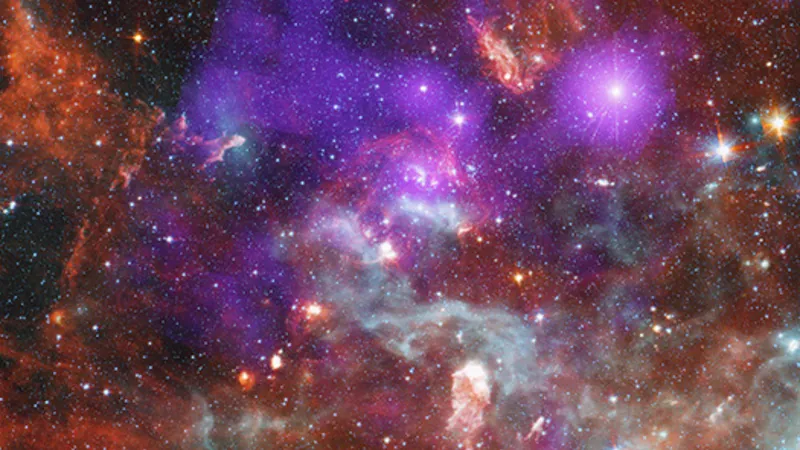
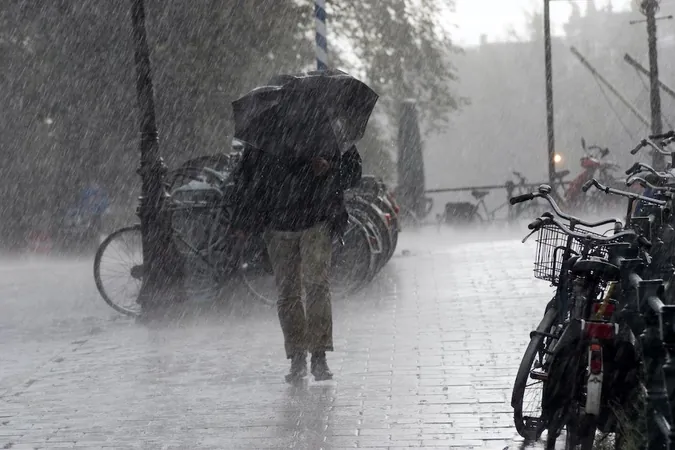
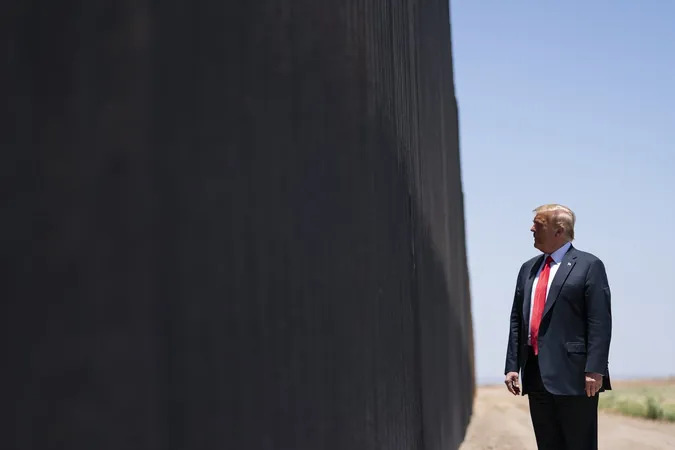


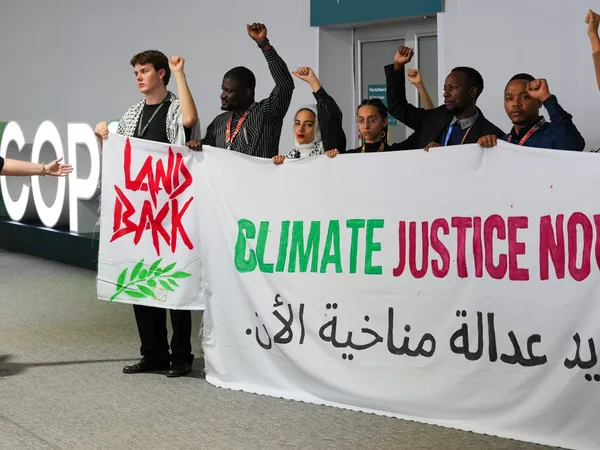
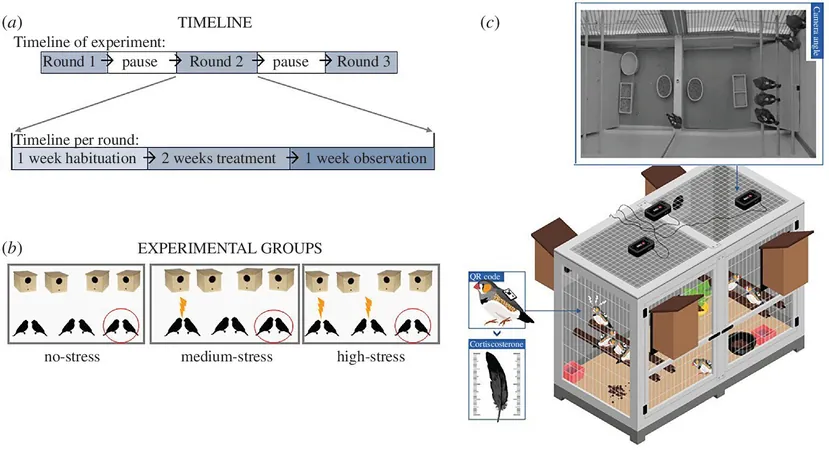

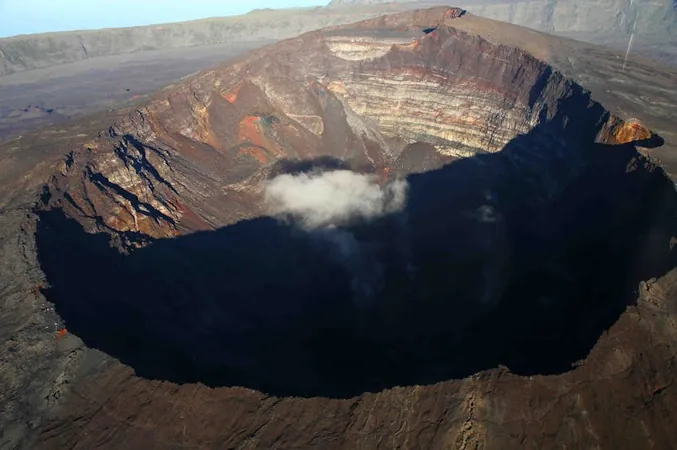
 Brasil (PT)
Brasil (PT)
 Canada (EN)
Canada (EN)
 Chile (ES)
Chile (ES)
 España (ES)
España (ES)
 France (FR)
France (FR)
 Hong Kong (EN)
Hong Kong (EN)
 Italia (IT)
Italia (IT)
 日本 (JA)
日本 (JA)
 Magyarország (HU)
Magyarország (HU)
 Norge (NO)
Norge (NO)
 Polska (PL)
Polska (PL)
 Schweiz (DE)
Schweiz (DE)
 Singapore (EN)
Singapore (EN)
 Sverige (SV)
Sverige (SV)
 Suomi (FI)
Suomi (FI)
 Türkiye (TR)
Türkiye (TR)